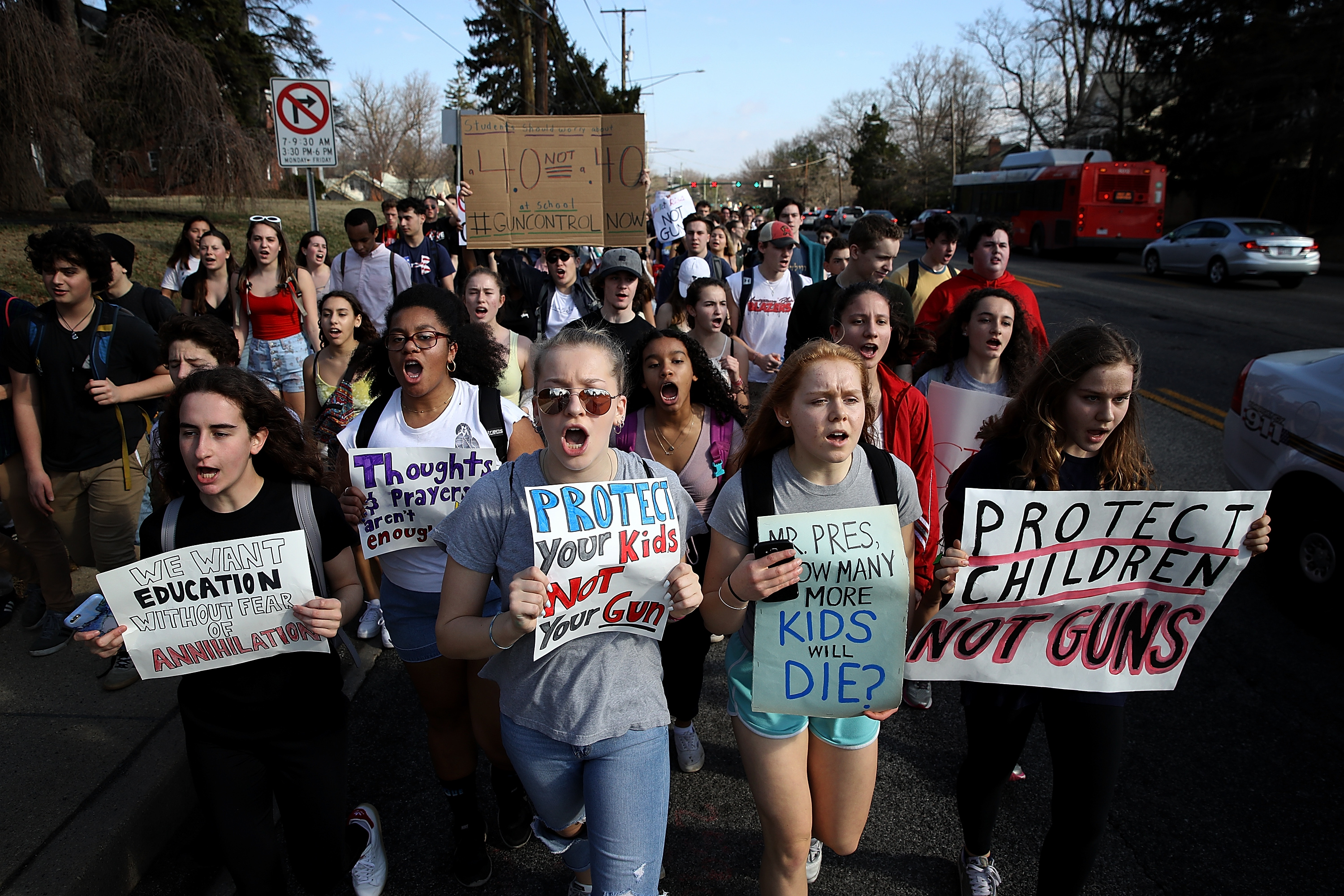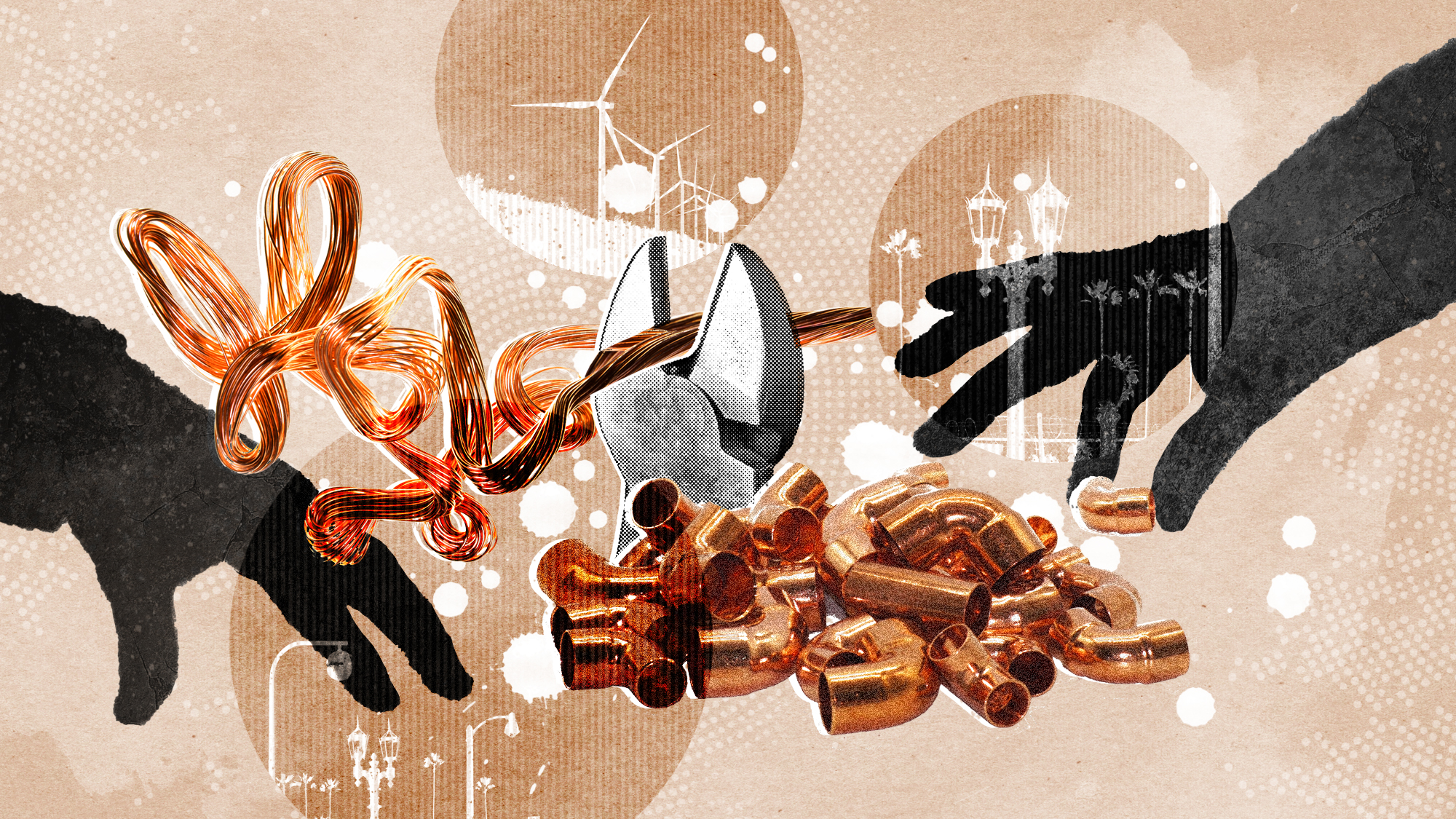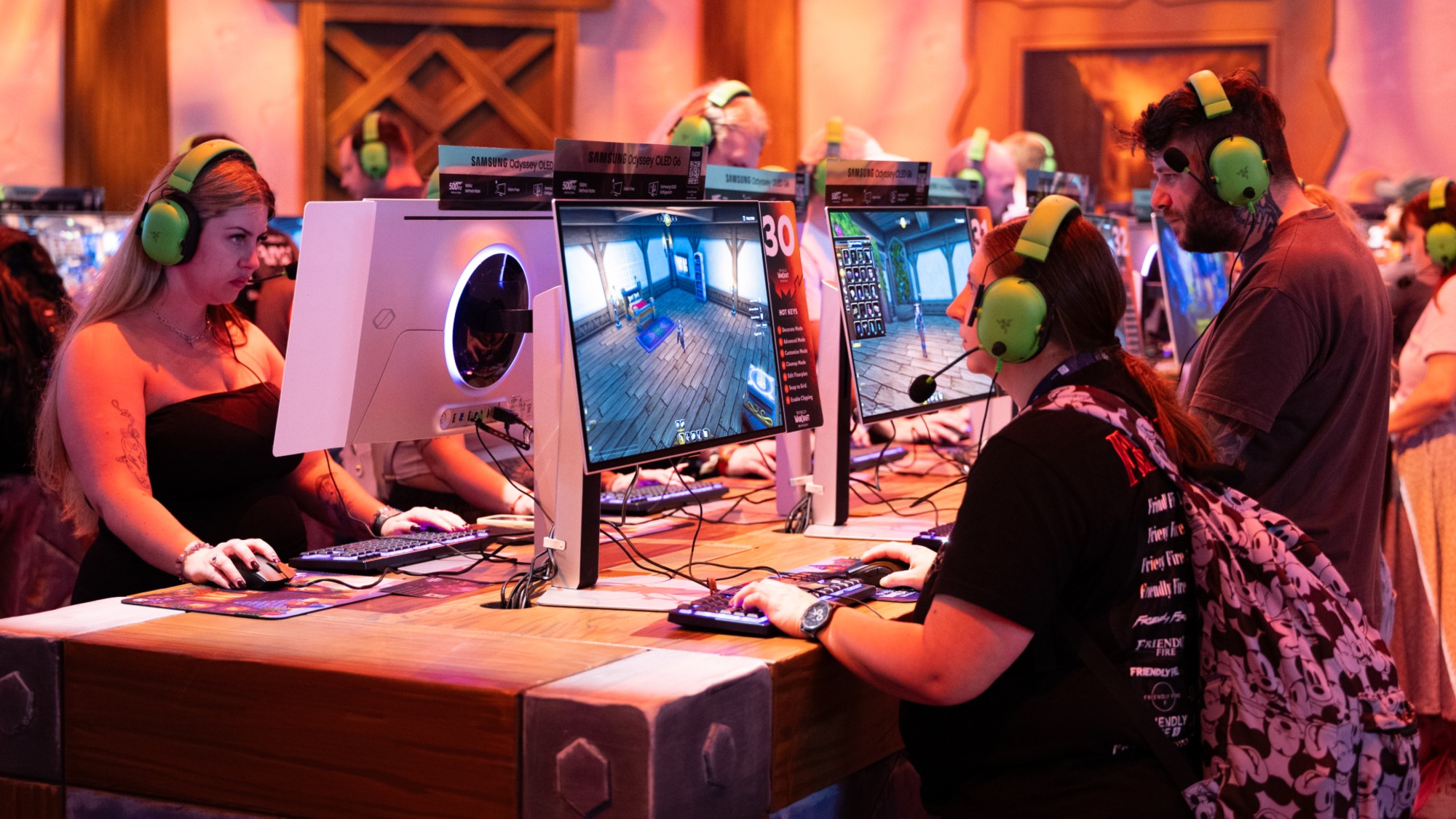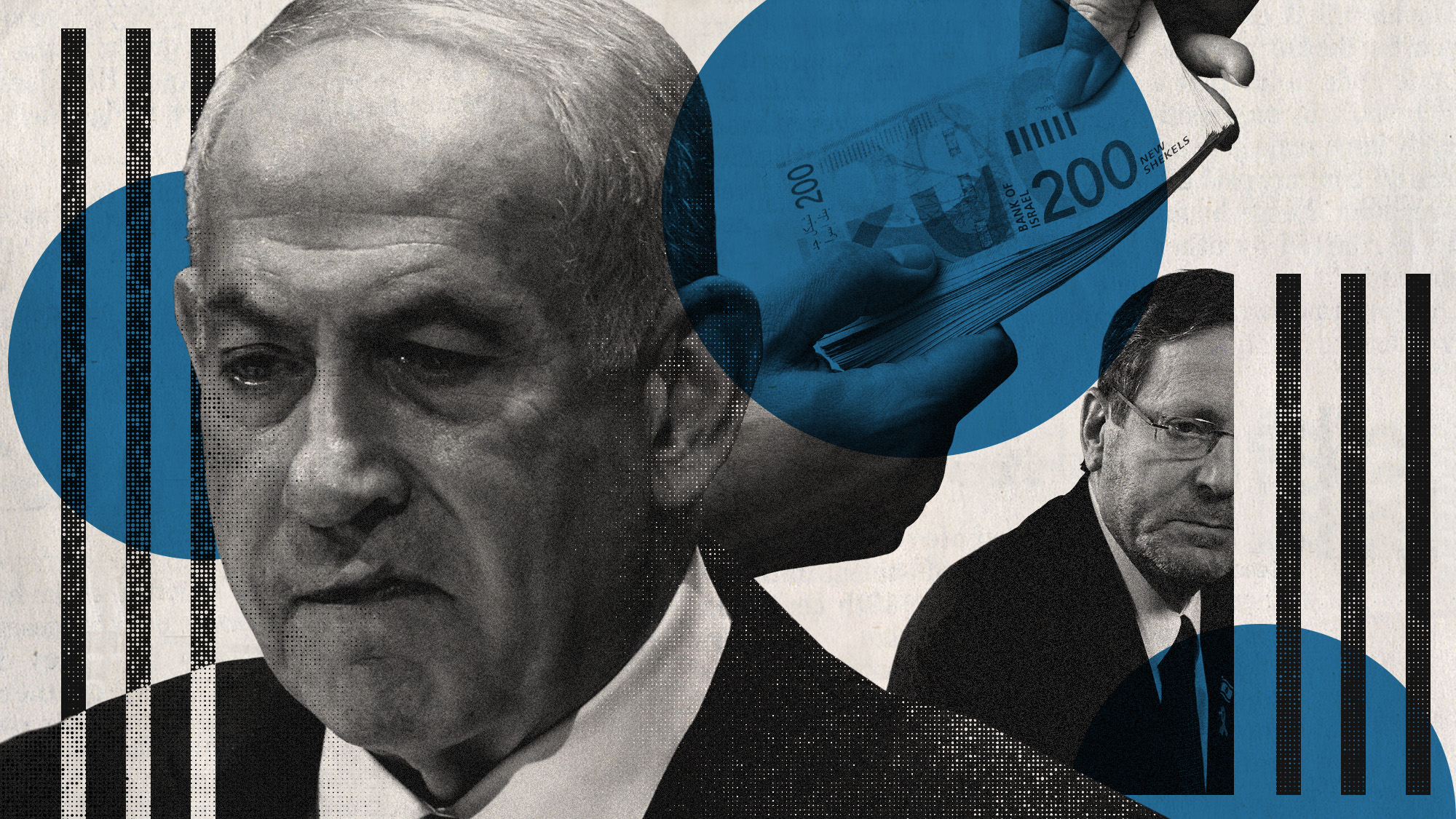America's incredible teenagers
Can America's teens save us all?


When the news broke last week that 17 people had been killed in a shooting at Marjory Stoneman Douglas High School, a familiar sense of tragic acceptance seemed to set in across much of America. This is our reality. There have been at least 25 fatal, active shootings at elementary and high schools in the 19 years since Columbine, a magnitude that has ushered the phrase "school shooting" into the American lexicon, complete with its own expectations and rituals. As one Parkland legislator put it last week: "We've seen this show before … You know what is going to happen after this? Nothing."
During the succession of candlelight vigils and funerals that followed, Americans bemoaned the uselessness of phrases like "thoughts and prayers" and "never again." Lawmakers squirmed as they once again were asked uncomfortable questions by reporters. President Trump offered overtures about protecting children that faded into vague talk of "mental health" and perhaps a conciliatory bump stock ban.
Finally, a week after Parkland, the world seemed ready to settle back into that familiar wait for the next one.
The Week
Escape your echo chamber. Get the facts behind the news, plus analysis from multiple perspectives.

Sign up for The Week's Free Newsletters
From our morning news briefing to a weekly Good News Newsletter, get the best of The Week delivered directly to your inbox.
From our morning news briefing to a weekly Good News Newsletter, get the best of The Week delivered directly to your inbox.
Everyone, that is, except America's incredible teenagers.
With the grace and composition and fury of people many times their 15 or 16 or 17 years of age, the survivors of Marjory Stoneman Douglas High School are no longer willing to simply wait for the next mass shooting. Conscious of the limits of their personal power — many have months or years to go before reaching voting age — they are using their voices to shake the nation out of its post-shooting stupor. A sharp student journalist, 17-year-old David Hogg, stared down a CNN camera and begged, "Please … we are children. You guys are the adults." Speaking at the Florida Capitol on Wednesday, 16-year-old Alfonso Calderon became emotional as he told the crowd of protesters: "Although we are just kids, we understand. … I don't think we should ever be silenced because we are just children."
Their anger is frightening in its magnitude and unfamiliarity. While the children who survived Newtown were too young to put into words their experiences, with Parkland the country is suddenly confronted by the livid demands of teenagers who were recently in real danger of losing their lives. It is very hard to argue with them.
The teenagers' demands are specific and focused and neatly put: The country needs meaningful gun reform, and it needs it immediately.
A free daily email with the biggest news stories of the day – and the best features from TheWeek.com
During CNN's powerful town hall on Wednesday night with Stoneman Douglas survivors, one student, Cameron Kasky, pushed Sen. Marco Rubio (R-Fla.) in a back-and-forth that was so loudly applauded, moderator Jake Tapper had to at one point actually quiet the crowd. As Rubio fended off an interrogation of his decision to accept money from the NRA ("I will always accept the help of anyone who agrees with my agenda," Rubio said in a line that is sure to come back to haunt him), Kasky went for the jugular: "In the name of 17 people," he said, "you cannot ask the NRA to keep their money out of your campaign?"
Another student to speak truth to power was Samuel Zeif, who was invited to President Trump's listening session. Choked with emotion, he asked the room: "How is it that easy to buy this type of weapon? How have we not stopped this after Columbine, after Sandy Hook?"
Still, dismissals have come quickly, with some people so afraid of being held accountable by children that they have resorted to desperate conspiracy theories in an attempt to pretend the students don't even exist. David Hogg has been called a crisis actor; others allege he was being coached by his father, a former FBI agent. Even the son of the president of the United States has been willing to embrace such claims, "liking" tweets by conspiracy theorists that allege Hogg is being fed lines. Speaking to BuzzFeed News, Hogg responded with surprising sophistication, calling it "immature, rude, and inhumane for these people to destroy the people trying to prevent the death of the future of America because they won't."
On Wednesday, the Parkland shooting survivors were joined by teens around the country in a bid to amplify their voices even louder. Hundreds stormed the Florida Capitol Building in Tallahassee, where the day before Florida lawmakers had voted down an assault weapons ban. There, Alfonso Calderon looked out at the crowd and said: "I was in a closet, locked, for four hours with people who I would consider almost family, crying and weeping on me, begging for their lives. I understand what it is like to text my parents, 'Goodbye, I might never ever get to see you again, I love you.'"
In Washington, D.C., teens from nearby schools converged on the Hill in protest. "I feel unsafe at school," one student said simply when stopped for an interview; his school had a bomb threat earlier that morning. The comment illustrated that it does not take being a shooting survivor to personally understand the dangers poised by the country's loose gun laws. All it takes is being a teen in America.
"It's crazy how much changed since Wednesday, how quickly we've bonded together," 14-year-old Daniel Duff said. "We can't waste this chance."
After Parkland, The Onion republished a piece that it has now recycled so many times it is nauseating. The satirical headline reads: "'No way to prevent this,' says only nation where this happens regularly." The punchline, if you will, is our very resignation — the reliability with which we will more or less say, "This was a terrible tragedy, but sometimes these things just happen and there's nothing anyone can do to stop them."
The grown-ups have been numbed by what America has become. It is all the more incredible, then, that teens who were born with school shootings as the status quo have decided to fight to change the terms for themselves.
Still, why them, why now? NPR's Susan Davis offered a thought: "It strikes me how unique their generation is," she tweeted. "Born and raised in the 9/11 era, into a nation at war their entire lives, and already witnessed 19 of 33 deadliest shootings in America since WWII. Must shape/be shaping worldviews in ways we don't fully grasp yet."
After Parkland, it is obvious that it will be the teens who will change the world, the ones who will take their anger to the adults and ask, Why did you let this happen to me? They are the ones who can still be outraged, who have to face the consequences of our complicity — and who have not yet resigned themselves.
In a video recorded during the Parkland lockdown, after the shooter had already murdered several children, a girl tells Hogg: "If you looked around this closet and saw everyone just hiding together, you would know that this shouldn't be happening anymore, and that it doesn't deserve to happen to anyone, and that no amount of money should make it more easily accessible to get guns."
It is so obvious to her. How did the rest of us ever forget?
Jeva Lange was the executive editor at TheWeek.com. She formerly served as The Week's deputy editor and culture critic. She is also a contributor to Screen Slate, and her writing has appeared in The New York Daily News, The Awl, Vice, and Gothamist, among other publications. Jeva lives in New York City. Follow her on Twitter.
-
 The great global copper swindle
The great global copper swindleUnder the Radar Rising prices and easy access makes the metal a ‘more attractive target for criminals looking for a quick profit’
-
 ‘They’re nervous about playing the game’
‘They’re nervous about playing the game’Instant Opinion Opinion, comment and editorials of the day
-
 Will Netanyahu get a pardon?
Will Netanyahu get a pardon?Today's Big Question Opponents say yes, if he steps down
-
 Has Zohran Mamdani shown the Democrats how to win again?
Has Zohran Mamdani shown the Democrats how to win again?Today’s Big Question New York City mayoral election touted as victory for left-wing populists but moderate centrist wins elsewhere present more complex path for Democratic Party
-
 Millions turn out for anti-Trump ‘No Kings’ rallies
Millions turn out for anti-Trump ‘No Kings’ ralliesSpeed Read An estimated 7 million people participated, 2 million more than at the first ‘No Kings’ protest in June
-
 Ghislaine Maxwell: angling for a Trump pardon
Ghislaine Maxwell: angling for a Trump pardonTalking Point Convicted sex trafficker's testimony could shed new light on president's links to Jeffrey Epstein
-
 The last words and final moments of 40 presidents
The last words and final moments of 40 presidentsThe Explainer Some are eloquent quotes worthy of the holders of the highest office in the nation, and others... aren't
-
 The JFK files: the truth at last?
The JFK files: the truth at last?In The Spotlight More than 64,000 previously classified documents relating the 1963 assassination of John F. Kennedy have been released by the Trump administration
-
 'Seriously, not literally': how should the world take Donald Trump?
'Seriously, not literally': how should the world take Donald Trump?Today's big question White House rhetoric and reality look likely to become increasingly blurred
-
 Will Trump's 'madman' strategy pay off?
Will Trump's 'madman' strategy pay off?Today's Big Question Incoming US president likes to seem unpredictable but, this time round, world leaders could be wise to his playbook
-
 Democrats vs. Republicans: who are US billionaires backing?
Democrats vs. Republicans: who are US billionaires backing?The Explainer Younger tech titans join 'boys' club throwing money and support' behind President Trump, while older plutocrats quietly rebuke new administration
